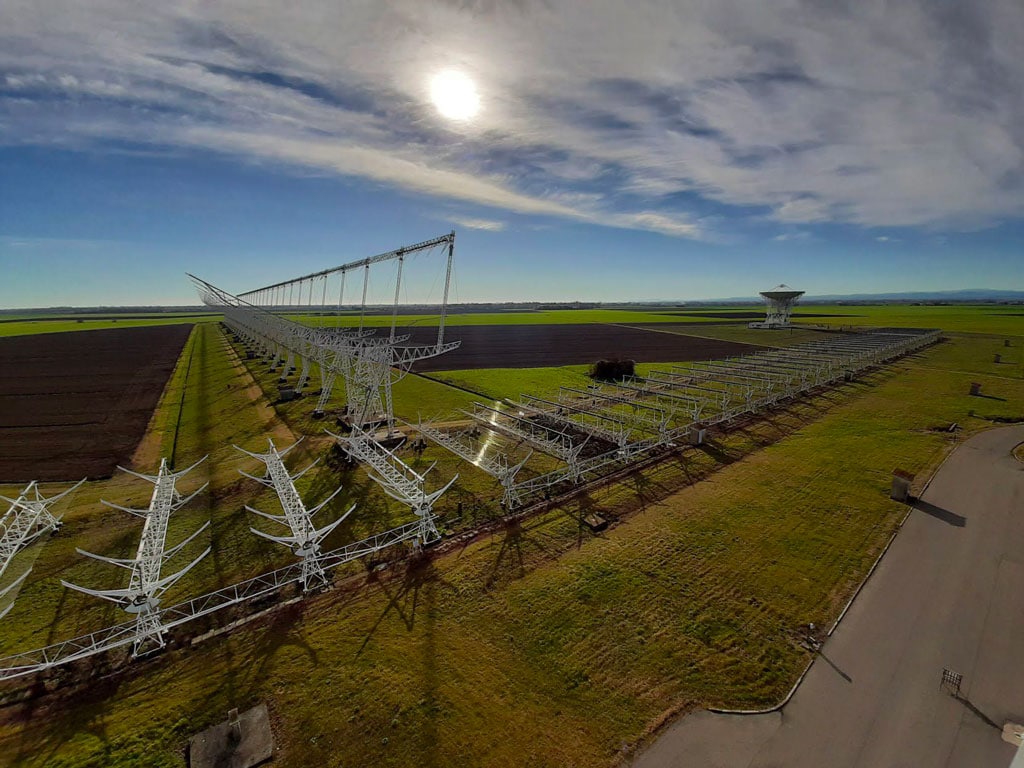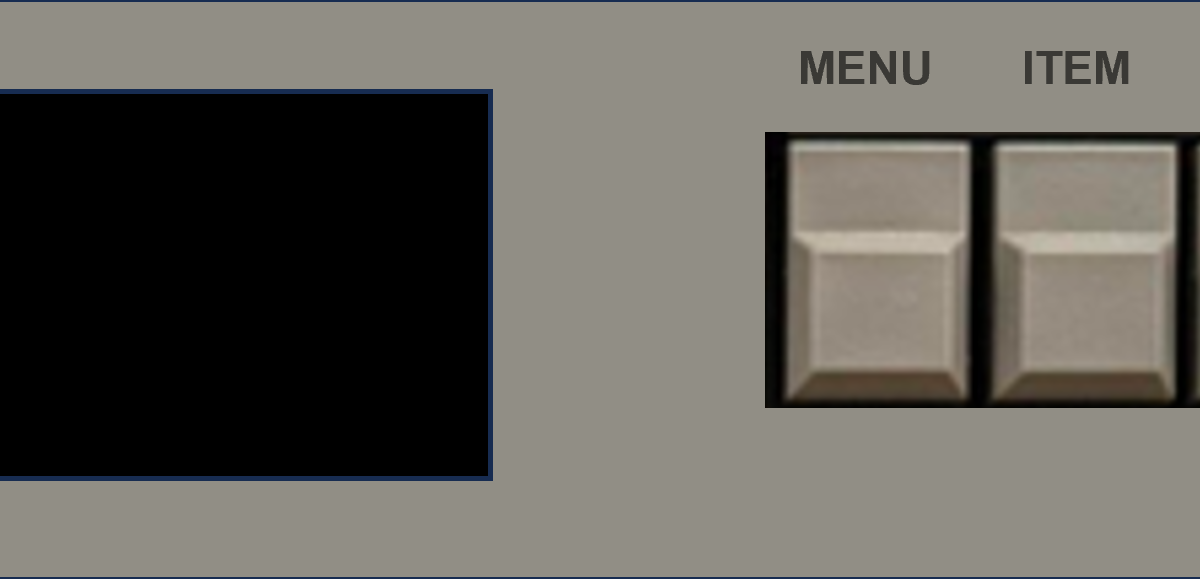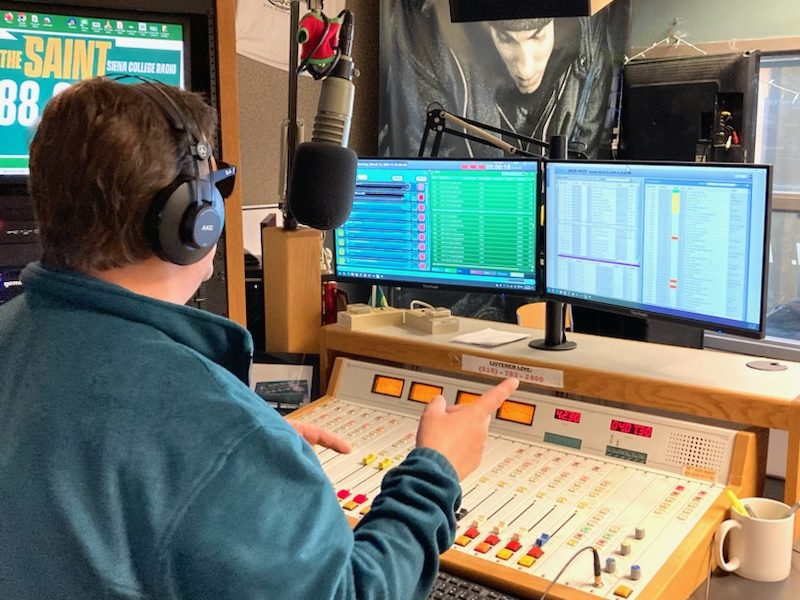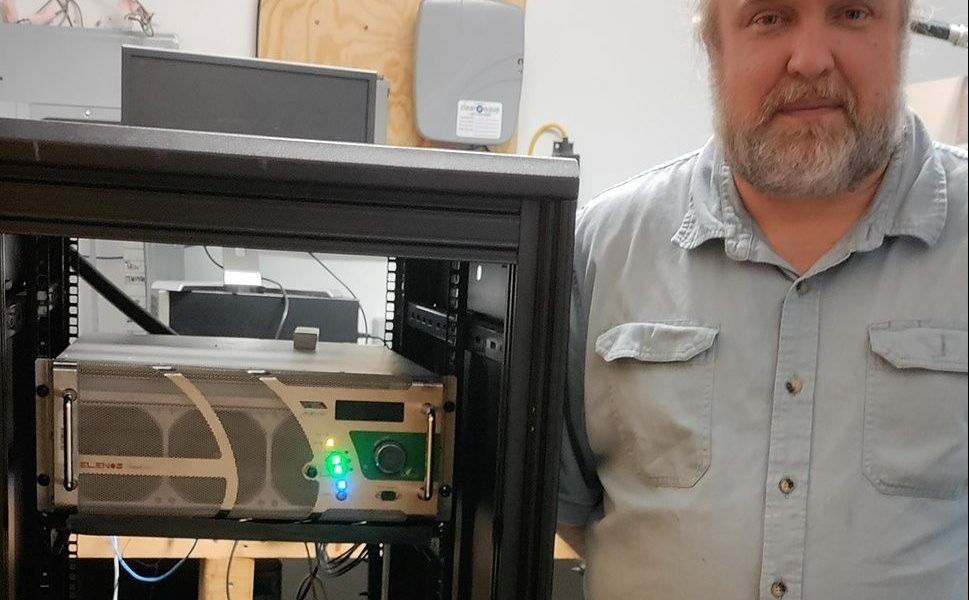You might meet Stelio Montebugnoli in his Castel San Pietro, a stone’s throw from Bologna, at the bar or at mass. Because despite being one of the few prominant Italian astronomers known to the international scientific community, he has never forgotten his roots. Throughout his career he has listened to the sky, sending messages and waiting for answers from faraway civilizations, taking advantage of that great magic of the twentieth century called radio. Montebugnoli has always remained a scientist, he has never succumbed to cinematographic suggestions on the mystery of UFOs. Privately, he has probably always hoped to meet ET, but within the SETI (Search for Extra Terrestrial Intelligences) project created by NASA, he has always moved along the disciplined tracks of the scientific method. His work home for decades, in the lower Bologna area, is a world-famous radio telescope that he directed, giving it great prestige and celebrating the enormous potential of radio waves. There is also an asteroid that bears his name. We interviewed him in his private museum, which houses dozens of radio models from all eras.
What did you dream of doing as a child?
I’ve always been drawn to the sky. In the fifties there wasn’t the light pollution that there is today. The sky was beautiful and clear. But I was also passionately attracted to radio techniques, so I became a researcher. First in the CNR and then at the National Institute of Astrophysics.
What was the first radio you have touched in your life?
My dad’s Radio Galena. Perhaps the simplest radio that can be built, but in the eyes of a child it was an incredible instrument that allowed us to hear voices that came from afar. It is still a very fascinating tool in my eyes now.
Was the invention of the radio, from your perspective, more or less important than the internet?
Radio was certainly a fundamental invention, because for the first time men were able to talk to each other even at great distances. Of course, the Internet was also an important step, but the radio was more important to me.
What was the time or the historical event when the world first understood the importance of radio waves?
I would say during the sinking of the Titanic, when the distress call was launched thanks to the radio telegraph, which made it possible to save about 700 people.
How did you get into the SETI Project?
The operation of radio telescopes is very expensive and in 1990 I proposed to the International Scientific Community to combine visual research with the search for artificial radio signals coming from space. In this way the SETI project was able to reduce many costs.
Explain SETI for us
It is a NASA program born in the late 1980s with the aim of capturing radio signals as evidence of the presence of a technologically advanced life in the universe. SETI was canceled by NASA in 1993 due to a funding problem, but at that point the program’s researchers walked out of NASA and founded the SETI Institute, which still exists today and is funded by private donations. It benefits from its strategic location: the SETI institute is located in Silicon Valley where there is the highest concentration of high technology on the planet
How much is true in the “Contact” film that Robert Zemeckis dedicated to SETI Project in 1997?
For me it is one of the best films ever made. In truth there are the characters, that I have known, such as Ellie Arroway, played by Jodie Foster. And even if the film borders on science fiction, it is a good science fiction, because the book from which the screenplay is based was written by Carl Sagan, one of the most important astrophysicists and astrobiologists of the twentieth century.
What is the strangest thing you have captured?
The most intriguing signal I received with the parabolic antenna at Medicina, in coordination with another visual observation in July 2006, when the SETI instrumentation picked up a signal that was similar to what I would have expected from an extraterrestrial civilization. But at that precise moment the antenna had Mars in its field of view and I think, since such a signal has never been received again, that it was the activity of some a rover that was walking on the surface of Mars at that time.
What would the radio signal from an extraterrestrial sound like?
With SETI we look for a radio signal on a irregular basis, or with the apparent intention of signaling its presence. This is why it should be a signal that is very easily distinguished from the multiplicity of radio signals of natural origin that we receive with the radio telescope. For example, a single radio carrier, what in the audio field could be a whistle. If we picked up such a signal, which has never been recorded in nature, we would immediately notice its artificiality.
In the film “The Arrival”, aliens introduce us to a new universal language. Could radio waves be a universal language?
No, radio waves can only “carry” information. I don’t think they allow us to interpret a language, they can only be its transmission path.
Have you ever been scared by news of UFOs?
I have never followed UFOs, but I participated in an Italian expedition in Norway, in the Hessdalen valley where you can see some strange lights. But even if we don’t understand their physics, we know that they are natural phenomena.
Is the communication between official bodies on the subject of extraterrestrial life really transparent?
As far as I know, it is absolutely transparent.
Were you ever asked to stop a search you were making?
We have always been able to do research in absolute freedom.
We read claims that the probability that extraterrestrials exist is very high, but they choose not to get in contact with us.
Chemical elements are widespread in space and in the last twenty years an enormous number of exoplanets have been discovered. I think it is likely that other forms of life exist. But it is not at all easy that we can meet, only because of the huge distances between one planet and another.
Today we speak so much about Mars, why is it so important to us?
Because it has a prominent place in our collective consciousness and my opinion is that we all see it as an extension of the Earth. If one day we were to have survival problems, Mars would certainly be seen as a prime destination for colonization by man. Mars is the protagonist of most all science fiction since the 1950s.
Is the chinese project to transport Hong Kong to Mars a realistic possibility?
Absolutely not. Suffice it to say that transporting a kilo of matter in space costs from a minimum of 22 thousand euros to a maximum of 100 thousand. Let alone a city.
Is a life spent looking for signals a fulfilling career? Would you change anything today?
I was lucky, perhaps more than I deserved, to do the job I dreamed of, so I would do everything exactly the same, moment by moment. Indeed, I advise young people to always try to turn their passion into a profession if possible.
How should humanity respond when we do receive an unexplainable signal from the space?
Maintain a scientific attitude. Re-observe it, try to receive it over and over again. Always keeping in mind that it is impossible to answer or try to answer. First, because we should know how to decode it, but above all because, depending on the distance and the objective, our answer would remain on the road for hundreds, tens of thousands, perhaps even millions of years. My “hello how are you” could reach a the extraterrestrial after 50 million years…
What do you think about Area 51, as a scientist?
My view is that it is a laboratory run by the military, where research useful for the military field is carried out.
What do you think of the UFO tales that have circulated in Italy that have lacked a convincing explanation?
I don’t deal with ufology even if it involves assumptions from within SETI. However, I am not aware of any incidents or sightings that are part of the project.
Is there a relationship between searching for extraterrestrial life and searching for God?
Extraterrestrials in Space are sought with large telescopes, the search for God depends on the sensitivity of individuals.
What does an engineer who has done as much space research as you believe in today?
I believe in God and I see in the Universe a proof of his greatness.
Do you think the radio has a future?
If radio communications diminish as the world becomes more and more wired, many communications will continue to be unique to radio, especially for travel in space. But I would add that radio is and will remain a safety net in the event of an emergency or Internet crisis caused by power shortages. This is when we will rediscover the power of a simple radio.
What have we not created with radio waves yet?
We have applied them to so many instruments that a list can only be partial: from the garage door opener to the TV remote control to spaceships. I feel like there is nothing more to apply them to. But I’m sure I’m wrong.
If you were the first to greet an alien, what would you say?
I would raise my hands and say: “Don’t treat us badly, we are very small”













